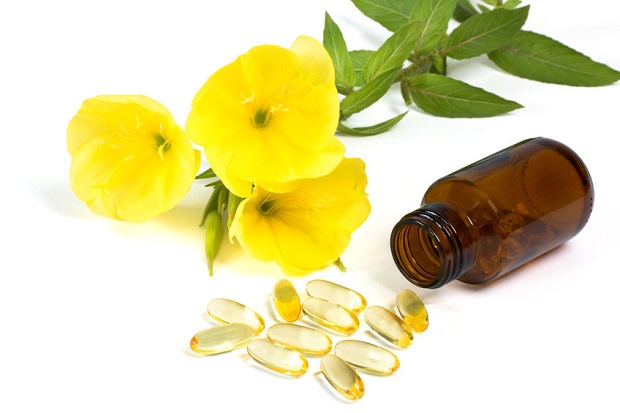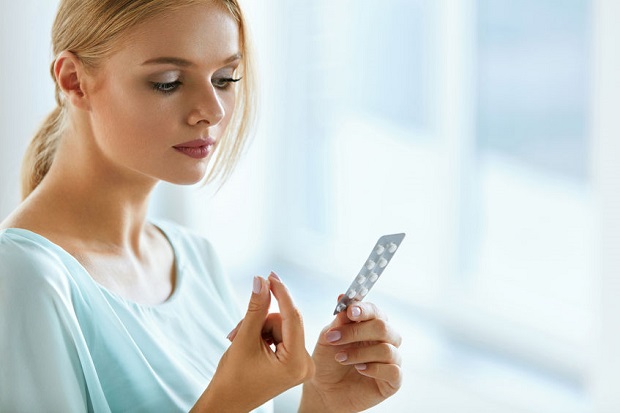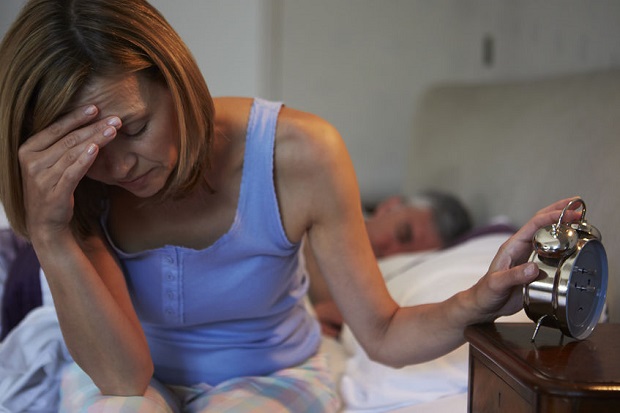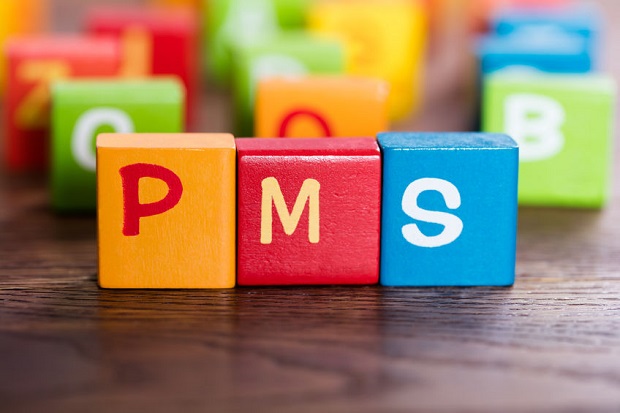
Does Evening Primrose Work for PMS?
A review of the clinical studies that tested the benefits of evening primrose oil or EPO for treating premenstrual syndrome or PMS symptoms shows that EPO’s benefits are negligible, and thus, it was concluded that evening primrose oil does not work for treating PMS.
Jump Ahead
The Problem of PMS
Premenstrual syndrome is not an uncommon experience for women, as it is estimated that almost eighty-five percent of all women in America experience at least one PMS symptom every month. However, the number and severity of the symptoms vary with each woman. But in general, the common PMS symptoms have been identified as acne, swollen breasts, bloating, constipation or diarrhea, migraines, backaches, increase in appetite, cravings for sweets or salty food, inability to concentrate, forgetfulness, anxiety, depression, and irritability.
Although the use of evening primrose oil has been recommended as an effective and natural way to alleviate and manage the said PMS symptoms, clinical studies have proven otherwise.
Evening Primrose Oil and Other Herbal Supplements
Many herbal supplements are touted for being able to treat or manage the symptoms of PMS that afflict women during their monthly menstrual cycles. However, studies have shown that these supplements are of little benefit to those who suffer from PMS. Among the supplements tested were magnesium, vitamin E, carbohydrate supplements, evening primrose oil, and vitamin B6. The same study, however, singled out calcium to be significantly beneficial in reducing PMS symptoms.
Placebo Effect
In another study, two brands of evening primrose oil, namely Efamol, and Vita-Glow, were tested alongside a placebo, to see their effects on alleviating ten common premenstrual syndrome symptoms. The study results show no significant differences in the levels of PMS symptoms for those who took evening primrose oil and those who took a placebo.
Resources
- Budeiri, D. “Is Evening Primrose Oil of Value in the Treatment of Premenstrual Syndrome?”Controlled Clinical Trials 17.1 (1996): 60-68. Print.
- Womenshealth.gov – “Premenstrual Syndrome.“
- E Bendich, Adriann. “The Potential for Dietary Supplements to Reduce Premenstrual Syndrome (PMS) Symptoms — Bendich 19 (1): 3.”Journal of the American College of Nutrition 19.1 (2000): 3-12
DISCLAIMER: THIS WEBSITE DOES NOT PROVIDE MEDICAL ADVICE
The information on this website, including but not limited to text, graphics, images, and other material, is for informational purposes only. No material on this site is intended to be a substitute for professional medical advice, diagnosis, or treatment. Always seek the advice of your physician or other qualified healthcare providers with any questions you may have regarding a medical condition or treatment before undertaking a new healthcare regimen, and never disregard professional medical advice or delay in seeking it because of something you have read on this or any other website.





